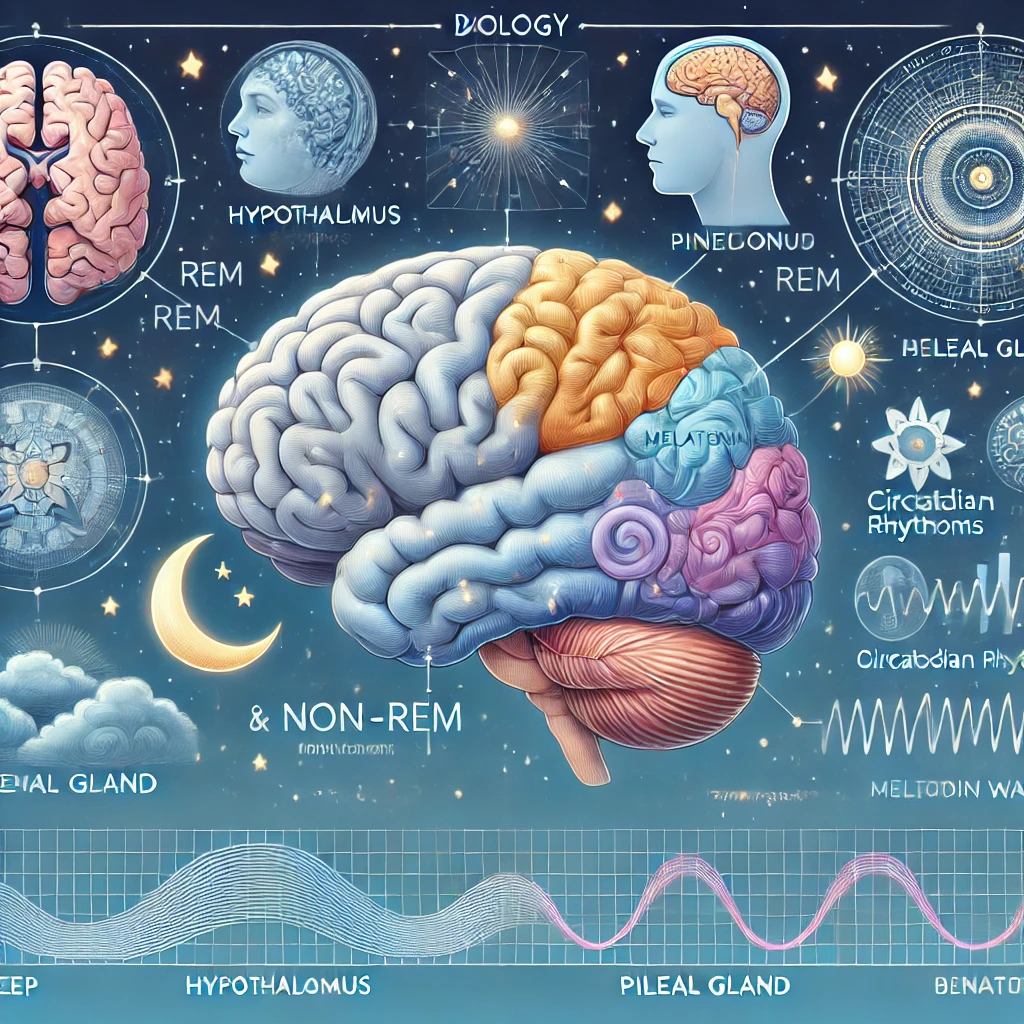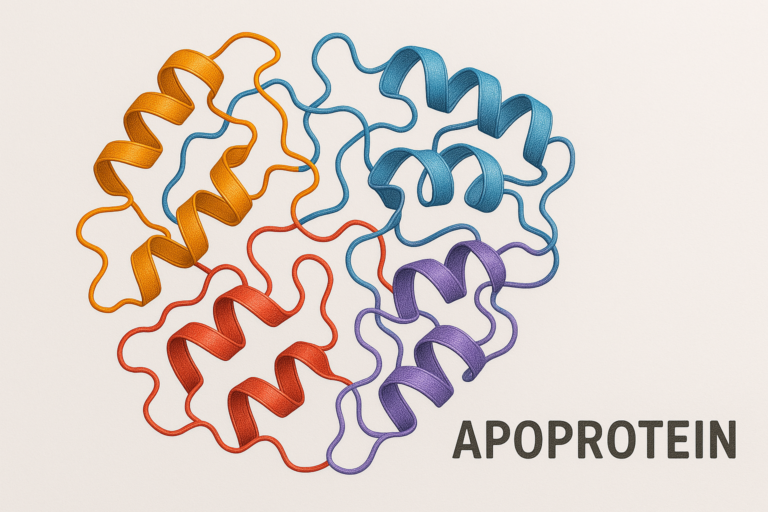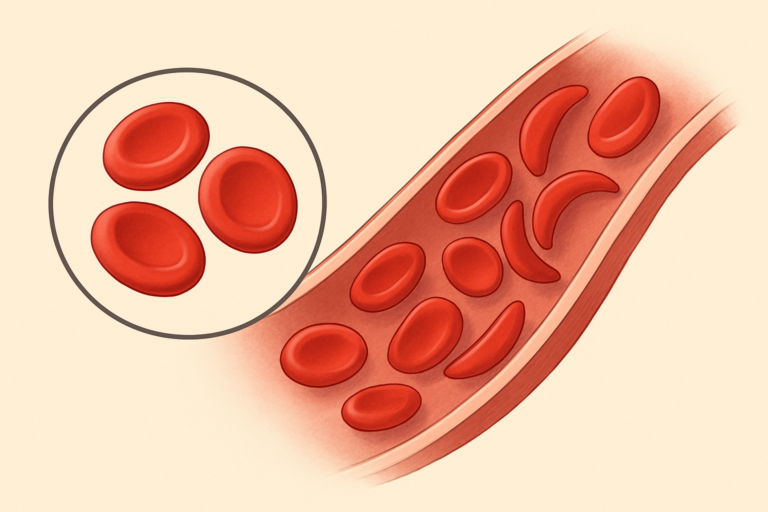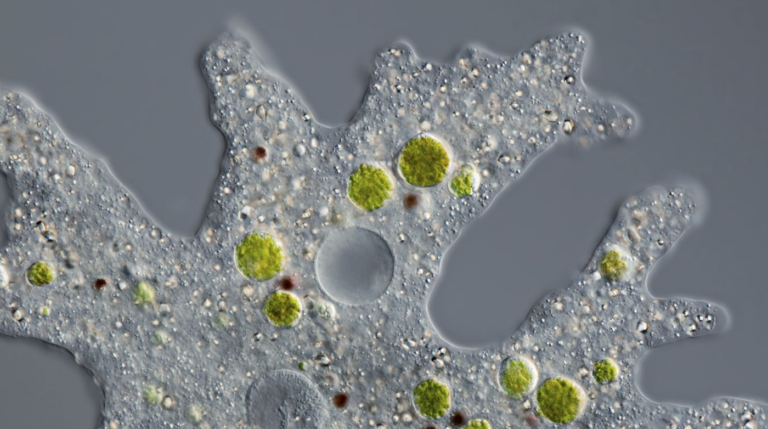How many of us have wondered, at least once, what happens when we sleep? Why do we dedicate almost a third of our lives to this state of apparent inactivity?
Sleep: much more than rest
We might think of sleep as a break, a moment of downtime for our body and mind. But the reality, friends, is very different. Sleep is an active process, an accurate construction site in which our body works tirelessly to repair, regenerate, and consolidate.
Imagine our brain as a city teeming with activity during the day: the streets are filled with people, the factories work at full speed, and the energy flows incessantly. But this frenetic activity inevitably leaves waste and debris that must be removed. This is where sleep comes into play, like a team of tireless workers who, as evening falls, get to work cleaning up the streets, repairing the damage, and preparing the city for a new day.

A work of reconstruction and regeneration
During sleep, our body slows down its rhythms like an engine idling. This allows the cells to dedicate themselves to repairing the damage accumulated during the day, like restorers who, with patience and precision, restore a work of art to its former glory. Did you know that according to a study published in the “Journal of Neuroscience” [insert a link to article], during deep sleep, brain cells “shrink” by 60%, allowing cerebrospinal fluid to flow more easily and remove toxins? A real dry cleaning for our brain!
Not only that, but sleep is also the time when our brain cleans up. Imagine a system of canals winding through the city, carrying away waste and waste. This is the glymphatic system, which activates during sleep, eliminating toxins accumulated in the brain during wakefulness. Recent research from Boston University [insert link to article] has shown that this cleaning process is essential for preventing the accumulation of toxic proteins, such as beta-amyloid, implicated in the development of Alzheimer’s disease.
And let’s not forget the memory, friends! During sleep, particularly in the REM phase, that of dreams, our brain reorders the information collected during the day, like an archivist who carefully catalogs the most critical documents—a fundamental process for learning and forming memories. Did you know that, according to research published in “Nature” [insert link to article], people who remember their dreams tend to have more excellent brain activity in areas associated with processing emotions?
The circadian rhythm: the conductor of sleep
But how does our body know when it’s time to sleep and when it’s time to wake up? The answer lies in the circadian rhythm, our internal biological clock, which marks time like a metronome. This clock is influenced by sunlight: when the sun sets, our body begins to produce melatonin, the sleep hormone, which prepares us for night rest. But watch out for the blue light on your screens, friends! A Harvard Medical School study [insert link to article] showed that exposure to blue light before bed can suppress melatonin production and delay our body clock, making it harder to fall asleep.
The consequences of sleep deprivation
Friends, let’s not underestimate the importance of good sleep. Sleep deprivation, like accumulating debt, can seriously affect our health. The immune system weakens, memory falters, and mood alters. In short, sleeping little and badly makes us more vulnerable to diseases and less efficient in our daily activities. A study published in “The Lancet” [insert link to article] even demonstrated that sleeping less than six hours a night increases the risk of premature death by 12%!
Tips for a regenerating sleep
So, how can we improve the quality of our sleep? Here are some tips:
* Respect the circadian rhythm: always go to bed and wake up simultaneously, even on weekends.
* Create a relaxing environment: the bedroom should be calm, dark and quiet.
* Avoid bright screens before sleeping: the blue light emitted by smartphones and tablets interferes with melatonin production.
* Do regular physical activity, but avoid intense workouts in the evening.
* Avoid caffeine and alcohol: these substances can interfere with sleep.
Friends, sleep is a precious gift, a moment of regeneration for the body and mind. We learn to listen to its rhythms and to respect its needs. Only in this way will we be able to enjoy life to the full, with energy and vitality.
And with that, I wish you a good night and sweet dreams!
Biology of Sleep Quiz
Test Your Sleep Knowledge!
Answer the following questions to see how well you understood the article on the biology of sleep and cellular regeneration.
Bibliographic references
- American Academy of Sleep Medicine. (n.d.). aasm.37.12.1929.pdf.
- Coulson, S., Naidoo, N., & Pack, A. I. (2022). nihms-1795386.pdf. Sleep Medicine Reviews, 63, 101616.
- Desai, D., Momin, A., Hirpara, P., Jha, H., Thaker, R., & Patel, J. (2024). cureus-0016-00000061568 (1).pdf. Cureus, 16(6), e61568.
- Everson, C. A., Henchen, C. J., Szabo, A., & Hogg, N. (2014). 424_2011_Article_1044(1).pdf. Sleep, 37(12), 1929-1940.
- Eugene, A. R., & Masiak, J. (2015). nihms734829.pdf. MEDtube Science, 3(4), 14-21.
- Irwin, M. R. (2015). nihms804179.pdf. Annual Review of Psychology, 66, 143-172.
- Patel, A., Reddy, V., Shumway, K., & Araujo, J. (2024). Physiology, Sleep Stages – StatPearls – NCBI Bookshelf. PDF. StatPearls Publishing.
- Shearer, W. T., Reuben, J. M., Mullington, J. M., & et al. (2001). IJE2010-270832.pdf. Journal of Allergy and Clinical Immunology, 107(1), 165-170.







